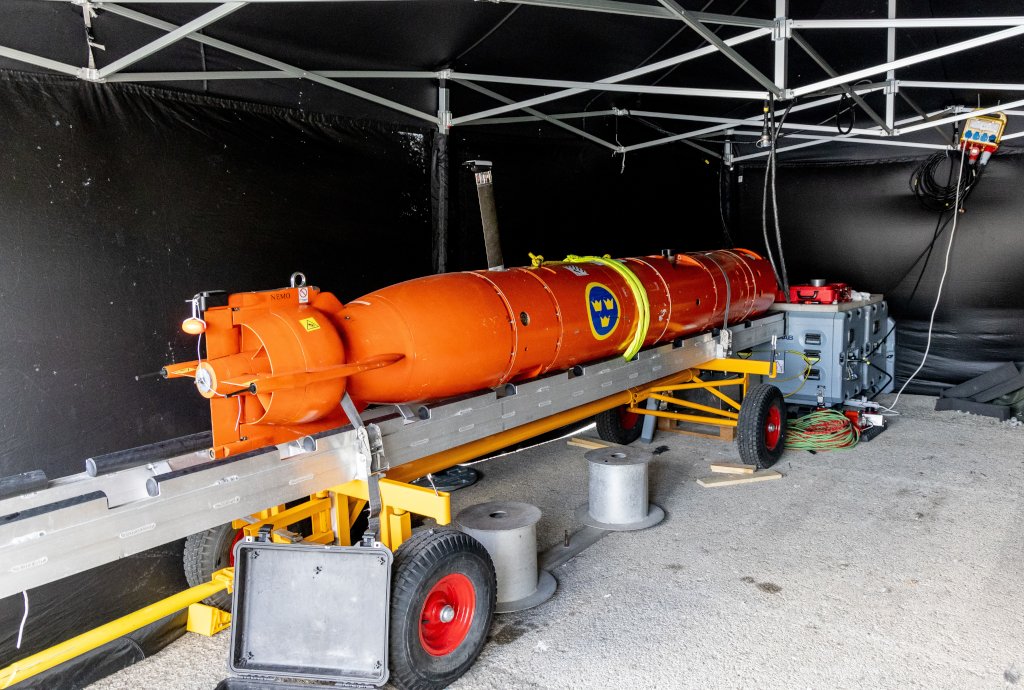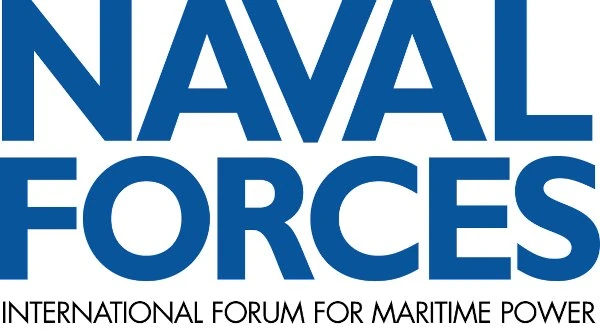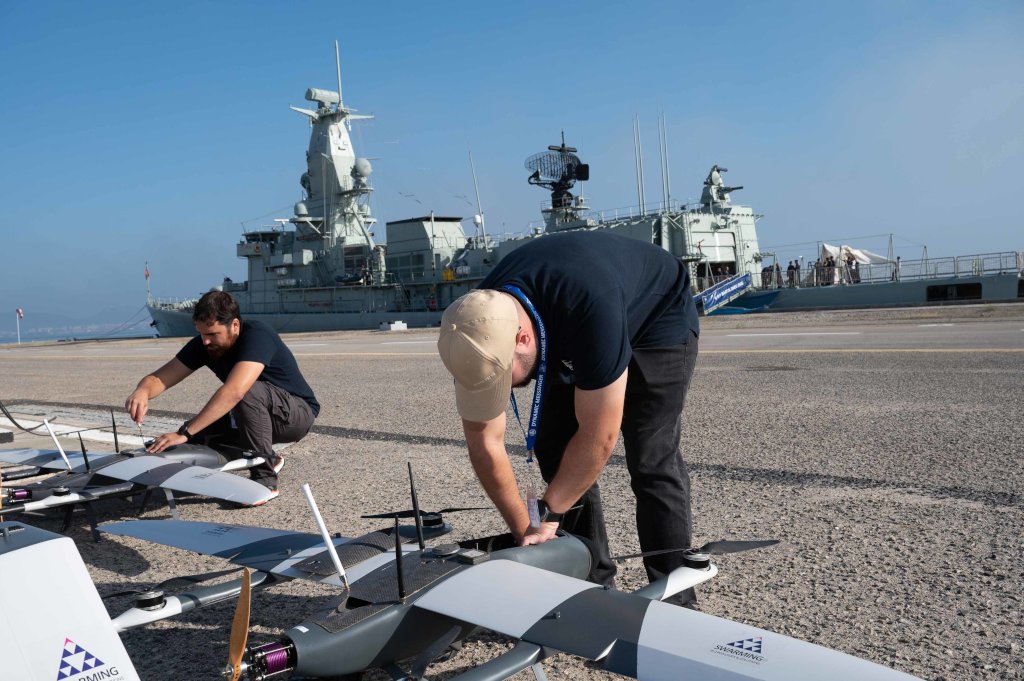REPMUS ramps up scope and scale
The Portuguese Navy’s (Marinha Portuguesa) annual REPMUS (Robotic Experimentation and Prototyping augmented by Maritime Unmanned Systems) exercise is already one of the most significant national- and alliance-level activities for building maritime uncrewed systems (MUS) capability. In the face of emerging threats and enduring instability in the Euro-Atlantic theatre, its significance is only increasing.
Situated at the Portuguese Navy’s maritime operational experimentation (OPEX) hub at Tróia, located near Setúbal in southern Portugal, REPMUS was established in 2010 to take a national-level look at the role of MUS in building a recognised environmental picture at sea, especially in the underwater domain. Almost since the start, NATO has been deeply involved in REPMUS development. In 2012, NATO’s Centre for Maritime Research and Experimentation (CMRE) – the alliance’s La-Spezia, Italy-based in-house maritime technology and operations research laboratory – came onboard to participate, before becoming a co-organizer in 2015. In 2019, the NATO Maritime Unmanned Systems Initiative (MUSI) selected REPMUS as its flagship exercise. In 2022, NATO’s Allied Maritime Command (MARCOM) set up its dedicated MUS OPEX exercise “Dynamic Messenger” alongside REPMUS. The decision to integrate the two exercises – with REPMUS trialling new concepts and kit, and “Dynamic Messenger” applying those concepts and kit to ‘real world’ OPEX – reflected the alliance’s increasing focus on accelerating the introduction of MUS technology into the operational world and into existing, crewed operational force structures to provide bespoke capability and build generic mass in countering enduring and emerging Euro-Atlantic threats.
The strategic shift in Euro-Atlantic security heralded by Russia’s invasion of Ukraine in February 2022 has prompted a further evolution in the role and output of the combined REPMUS/”Dynamic Manta” exercise. REPMUS is now increasingly focused on bringing MUS capability into OPEX, while “Dynamic Messenger” will seek to integrate MUS OPEX into the routine activities of NATO’s four standing naval forces (SNF) operational task groups. Alongside this shift in scope, the Portuguese Navy and NATO are looking to expand REPMUS and “Dynamic Messenger” together to provide MUS experimentation at increased scale, reflecting NATO’s wider emphasis on building scale in its maritime outputs to increase deterrence and defence effects.
NATO-led exercise “Dynamic Messenger 23” (in September) focused on integrating maritime unmanned systems into operations, including personnel, training and readiness issues. “Dynamic Messenger 23” gathered more than 2,000 civilian and military personnel on shore and on-board ships as part of the exercise. Fourteen NATO Allies, including the host nation Portugal, were participating in the exercise, together with partner Sweden, according to the Public Affairs Office at MARCOM. This has been the second iteration of the “Dynamic Messenger” series that started in 2022.


